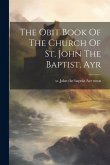Late on Wednesday 4 April 1820, Andrew Hardie led a group of two dozen men out of Glasgow towards Falkirk to obtain weapons for a general rising they believed was about to begin to win the right to form trade unions, the right to vote and a Scottish parliament. At Condorrat they were joined by other Radicals led by John Baird, who took command of the party, that set out for Carron Ironworks. At Bonnymuir they were confronted by cavalry, and after a short, fierce engagement were defeated and many of them captured and taken to Stirling Castle to await trial. The following day, James Wilson led another small party from Strathaven to join the insurrection they had been told was under way in Glasgow. Finding no Radical army there they returned home, but were later rounded up by the military and taken to Glasgow for trial. The authorities organised raids in several towns to round up known, or suspected radicals, and over eighty men eventually faced charges of treason. Military action led to confrontations, and in Greenock troops fired on a crowd, killing men, women and children on 8 April. A few months later a sailor and two policemen in the same town were shot and killed by drunken troops, sent to keep order there. With order apparently restored, show trials were held at Ayr, Dumbarton, Glasgow, Paisley, and Stirling, but under English rather than Scots Law, leading to clashes in the courtroom. Those taken in arms were found guilty, but elsewhere juries were more reluctant to convict, at times arguing with the judges before acquitting most of the prisoners. The three leaders, John Baird, Andrew Hardie and James Wilson, were hanged and beheaded, and eighteen others sent as convicts to New South Wales. The 1820 Rising has been largely ignored by historians, and even the record of the hearings no longer exists. While, rightly, the Peterloo Massacre and Tolpuddle Martyrs feature in the history curriculum on both sides of the border, the story of the men of 1820 does not. This book is an attempt to give the men of 1920 their place in the history of democracy in this country by using new evidence to examine why they took up arms and the reasons for their defeat. It looks at what became of the transported, and illustrates that they were not the deluded simpletons some have claimed - as their writings demonstrate.


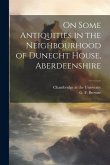
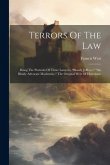
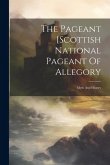
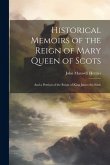
!['The Lanox of Auld', Review of 'The Lennox, by W. Fraser' [Ed. by F.J.H.S. Napier] 'The Lanox of Auld', Review of 'The Lennox, by W. Fraser' [Ed. by F.J.H.S. Napier]](https://bilder.buecher.de/produkte/68/68846/68846246m.jpg)
